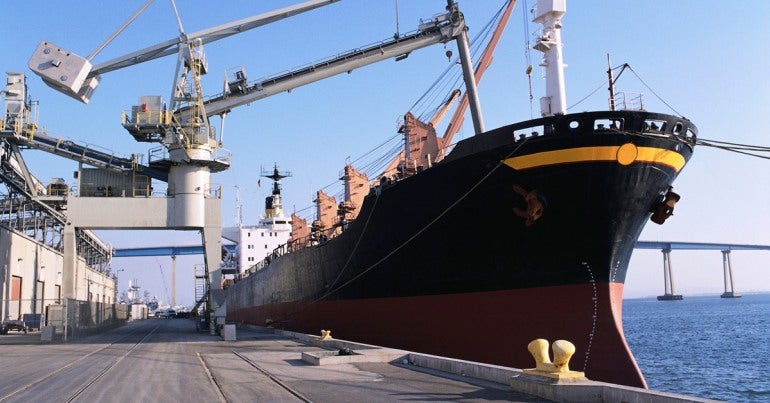 Graham Cox | CUPE Research
Graham Cox | CUPE Research
Conservatives are using international trade agreements to permanently shrink government and increase privatization. How? Trade deals reduce federal and provincial capacity to regulate economic activities in Canada and abroad.
Many Canadians might be surprised to discover that since 2009, the Conservative government has initiated or signed several international trade agreements. Important examples include the Comprehensive Economic and Trade Agreement with the European Union; the 12-country Trans-Pacific Partnership negotiations led by the United States; the Canada-South Korea FTA; and NAFTA-plus agreements with several Latin American countries. More recently, the Conservatives have been part of a new WTO process which seeks to bring public services under direct influence of trade agreements. It’s called the Trade in Services Agreement (TISA).
Conservatives say trade agreements open “new” markets. But we already trade with most countries we are signing deals with. The reality is that these agreements open competition with lower-wage, looser-regulation areas such as Eastern Europe, and drive down our wages at home as a result.
Trade policy should not be left entirely to so-called experts and corporate lobbyists to decide what’s best. It’s a political issue that concerns all citizens. Canada’s trade policy should be debated in public and incorporate meaningful democratic participation. Principles guiding negotiations with other countries on trade should express Canadian workers’ principles of cooperation, solidarity and sustainable development.
It might sound difficult, but these principles are what drove European activists to start local discussions and develop a progressive alternative to corporate trade agreements. Under the banner “Trade isn’t working,” an alliance of nearly 50 European organizations and networks joined to propose an alternative to free trade. They called themselves the Alternative Trade Mandate Alliance.
Their goal was to establish local organizing capacity so that citizens could participate and be heard in the free trade discussion.
Engaging with the public on trade issues built knowledge of and then opposition to the issue of Investor-State Dispute Settlement (ISDS) across Europe. ISDS allows corporations to bypass local legal systems and challenge democratic laws in an unbalanced international arbitration system.
Public outrage over ISDS led to European centre-left parties and movements in the UK, France and Germany taking a strong stand against investor-state provisions. Awareness and opposition to ISDS has grown so much that the new Japan-Australia agreement does not include the provision.
It’s an important win, and something we have a chance to do at home too. CUPE is part of the Trade Justice Network here in Canada, calling for local groups to organize discussions similar to those our EU partners initiated. This network’s goals are to:
- Raise awareness about the dangers of trade and investment deals and current negotiations.
- Dispel the myth that to oppose or criticize corporate trade deals is to be against trade.
- Begin to outline and promote an alternative vision of fair trade agreements that benefit everyone – not just a global corporate elite.
Find out how you or your local can get involved at tradejustice.ca .



